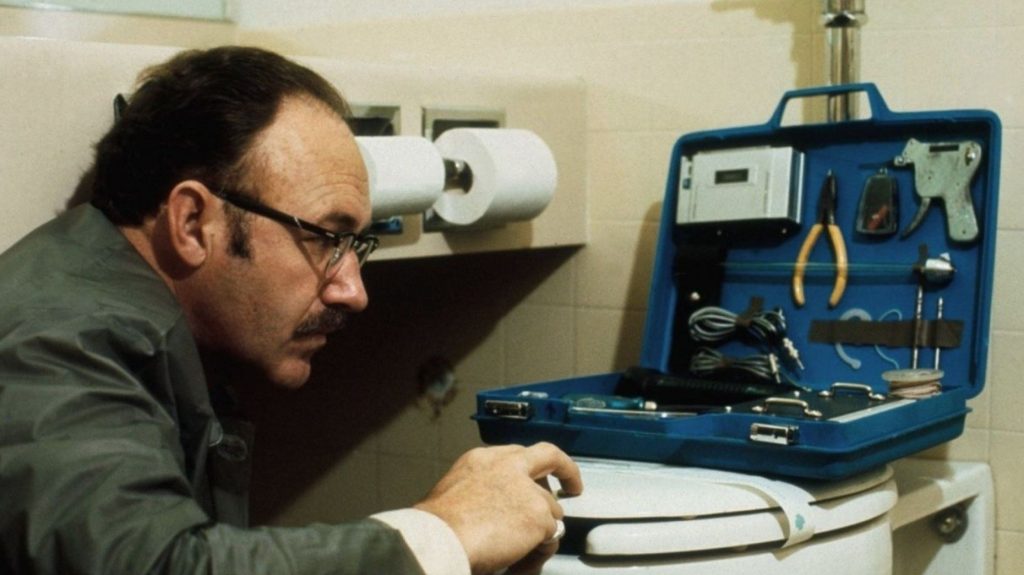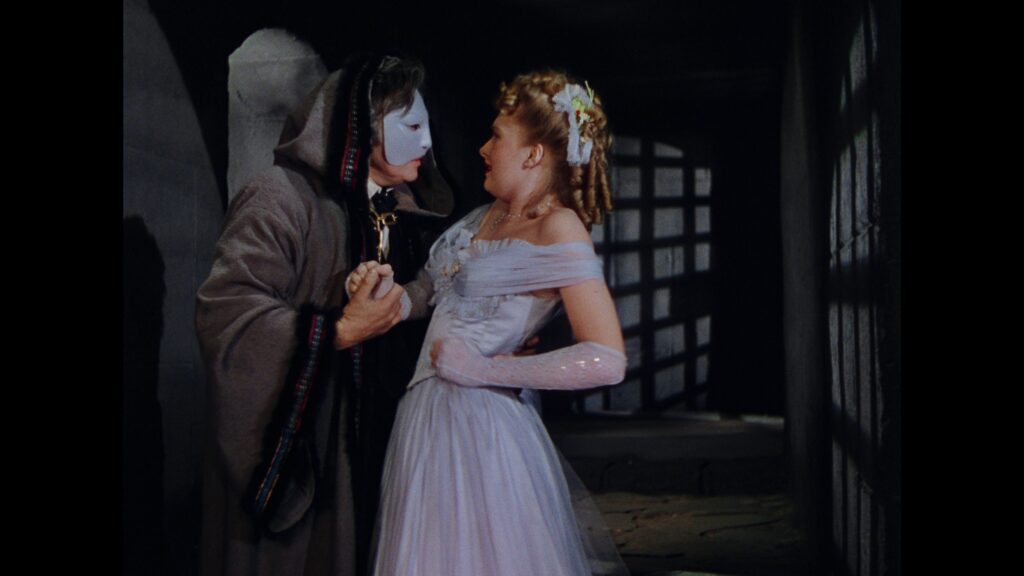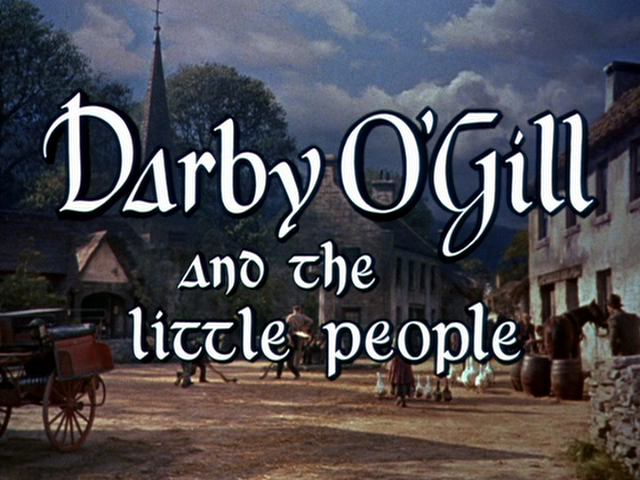
Director Spotlight: Tony Scott

Tony Scott, with his signature style of kinetic camera work, aggressive edits, and vibrant color palettes, firmly positioned himself as one of Hollywood’s most influential action film directors. With an innate ability to combine pulsating action sequences with profound human drama, Scott’s movies have entertained global audiences for decades, often leaving them at the edge of their seats, hearts racing.
From Art to Cinema
Born in North Shields, England, Scott started his career in front of the camera, starring in his elder brother Ridley Scott’s debut short film. However, he soon realized that his true passion lay behind the lens. Initially trained in painting and fine arts, Tony transitioned to the Royal College of Art in London, where he made a mark with his short film “One of the Missing.”
Defining Aesthetics
Scott’s aesthetic is distinct – a blend of fast-paced edits, saturated visuals, and, quite frequently, a moody ambiance punctuated with dynamic lighting. This was not merely style for style’s sake; his visuals often heightened the narrative’s tension, thrusting the audience right into the middle of the action.
Filmography Highlights
- “Top Gun” (1986): This film is arguably Tony Scott’s magnum opus. A high-flying action drama starring Tom Cruise, “Top Gun” was not just about F-14 Tomcats; it delved deep into themes of rivalry, camaraderie, and personal growth. With heart-thumping aerial sequences, it set new standards for action cinematography.
- “Beverly Hills Cop II” (1987): Partnering with Eddie Murphy, Scott took the sequel to new heights, infusing it with his trademark action-packed sequences, ensuring the comedic elements did not overshadow the core drama.
- “True Romance” (1993): A Quentin Tarantino-scripted venture, this film showcased Scott’s versatility. A romance-crime thriller, it was gritty, violent, yet deeply emotional, boasting of a stellar cast that included Christian Slater, Patricia Arquette, and Dennis Hopper.
- “Crimson Tide” (1995): A submarine drama starring Denzel Washington and Gene Hackman, this movie is a masterclass in creating tension. Set in the claustrophobic confines of a nuclear submarine, Scott managed to create an edge-of-the-seat thriller that delved into themes of leadership, duty, and morality.
- “Enemy of the State” (1998): A conspiracy thriller starring Will Smith and Gene Hackman, this film was a prescient take on surveillance, privacy, and governmental overreach. Scott’s direction made it not just a political statement but also a riveting chase drama.
- “Man on Fire” (2004): This was Scott’s exploration of revenge and redemption, featuring a powerhouse performance from Denzel Washington. The director’s stylized visuals added layers to the narrative, making it a compelling watch.
- “Unstoppable” (2010): One of his final directorial ventures, this film about a runaway freight train was a return to pure, unadulterated action. Pairing up again with Denzel Washington, Scott showcased his unparalleled ability to create tension, even with a storyline as straightforward as this.
Influences and Collaborations
Tony Scott’s influences ranged from his art background, which often seeped into his frame compositions, to the classic British and American films he grew up watching. His working relationship with Jerry Bruckheimer, a producer known for blockbuster action films, also played a pivotal role in shaping his Hollywood career.
One of Scott’s most notable collaborators was Denzel Washington. Their synergy resulted in some memorable films, with Washington often crediting Scott for pushing him beyond his limits.
Legacy
Tony Scott’s untimely passing in 2012 left a void in the action film genre. His legacy, however, lives on through the adrenaline-pumping films he crafted. He wasn’t just about car chases and explosions; his films delved into the human psyche, exploring themes of honor, duty, love, and revenge.
His influence can be seen in the works of contemporary directors who seamlessly blend action with drama. In a career spanning over three decades, Tony Scott not only entertained audiences worldwide but also redefined the boundaries of action cinema, proving that even within the cacophony of gunshots and roaring jet engines, there’s room for heart and soul.




